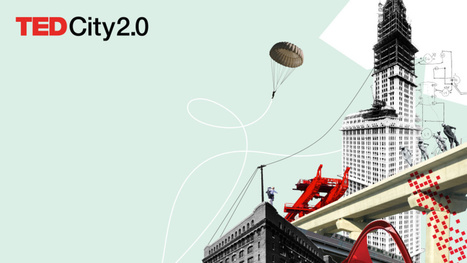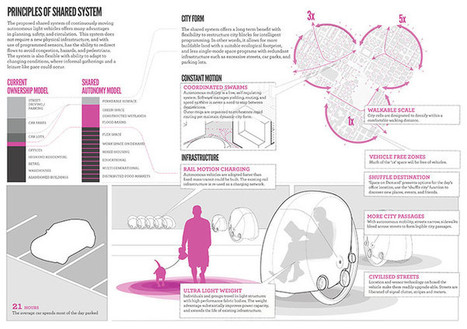Silent parks. Designing for disabilities. Human-powered data. Garbage anthropology. World-class sidewalks. Floating favelas. Paint as infrastructure.
These are the keys to the cities of the future, according to the most recent TED conference, City 2.0. Last year, for the first time, the TED Prize went to an idea—the future of the city—and a million dollars was divvied up among ten grantees all over the world.
Last week was the first-ever TED City 2.0 conference, featuring several of those grantees plus many other urban leaders discussing their ideas for the future of the city.
Via Lauren Moss, Rob Kitchin



 Your new post is loading...
Your new post is loading...












Simple ideas wrapped in big dreams. GET INSPIRED!